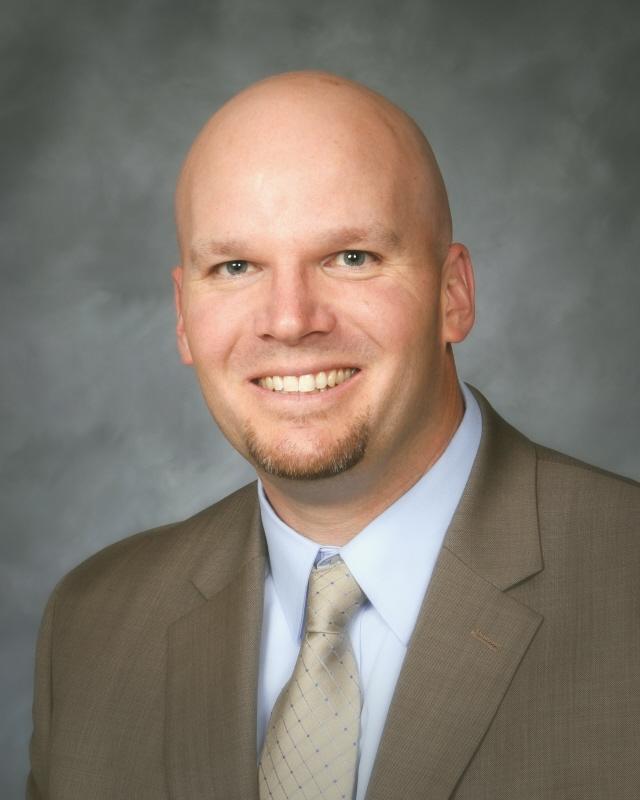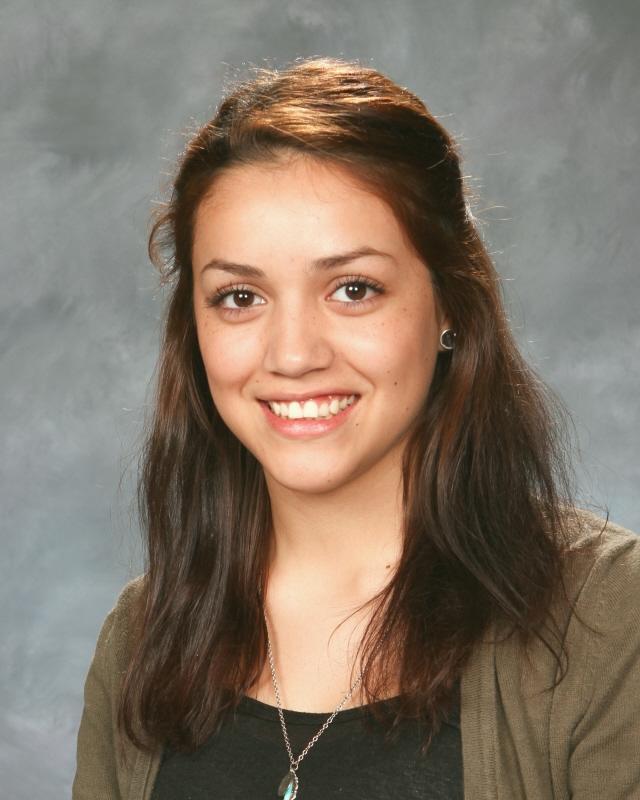Breathalyzers may be used during Homecoming
October 6, 2016
Rumors of breathalyzer use at Wenatchee High School’s Homecoming dance have been confirmed by WHS administration.
WHS Principal Eric Anderson said that instituting alcohol testing at the Homecoming dance is in response to an increased use of alcohol at school events including dances, as well as to try and maintain the safety of WHS students and staff, and create a positive environment at school events.

Anderson said that WHS administration will use it only if they receive information on a probable situation of students being under the influence, or if they suspect it will be needed.
WHS has a breathalyzer for use at school functions. Adult staff members are the only people who have the authority to test students at school events, Anderson said. He said that testing students must be conducted in a purely random manner. The only exception is if testers have a legitimate reason to test a specific student.
According to Wenatchee School District Policy No. 3230, “All students possess the constitutional right to be secure in their persons, papers, and effects against unreasonable searches and seizures.” The policy also says that staff have the authority to conduct “reasonable searches on school property.”
The idea of random drug testing at schools is a relatively new one, and one that elicits questions about the balance of privacy and security within a school’s student body.
“I don’t really care but I feel like [breathalyzing ] is invading our privacy,” sophomore Lucas Jobe said.
“If people are going to be drinking before, I’d actually rather them go [to the dance]. They’re in a safe place at the school so maybe they shouldn’t be getting in trouble for going to the dance and not doing worse things somewhere else,” senior McKenna Norland said.
The Legal Aspect
Suspicionless drug testing use during school functions was ruled unconstitutional by the Washington State Supreme Court in 2008, in the case York v. Wahkiakum School District.
The case was the result of a lawsuit by Wahkiakum School District athletes and their parents after the district began requiring drug tests for athletes if they wanted to participate in sports. I feel like [breathalyzing ] is invading our privacy. — Lucas Jobe, sophomore
This decision to implement the policy came after a pervasive alcohol and drug problem within the district. However, the court ruled unanimously that all of that context was not enough to allow drug testing of a student when there’s no reason to suspect that he or she is using drugs, the court ruled unanimously.
The American Civil Liberties Union attorney who represented the students in the relevant case, was quoted by The Seattle Times as saying, “the ruling will put an end to suspicionless random drug testing in Washington schools. To rule otherwise, the court concluded, would open the door to random drug tests for other extracurricular activities, and for the entire student body.”
The decision dealt with Article 1, Section 7 of the Washington State Constitution which states: “No person shall be disturbed in his private affairs, or his home invaded, without authority of law.”

That “authority of law” was lacking in the relevant searches, the state Supreme Court ruled.
The federal court imposed a different ruling in 1985 when the Supreme Court defined students’ reduced Fourth Amendment rights in New Jersey v. T.L.O., where it ruled that schools do not have to follow the customary requirements of having probable cause or a warrant in order to carry out searches. Instead, school authorities must follow only a simple standard based on “the dictates of reason and common sense,” explains FindLaw.
The Statistics
An issue with breathalyzers is one of practicality.
A 2007 report by the American Academy of Pediatrics Committee on Substance Abuse and Council of School Health concluded that random drug testing of secondary school students does not deter drug use.

A 2013 National Institute on Drug Abuse-funded study reinforced this finding, and even suggested that drug testing may lead to higher levels of abuse. The study found “significant associations between random student drug testing and use of marijuana or other drugs.” They further note that “while drug testing was associated with moderately lower marijuana use, it was also associated with higher use of other illicit drugs.”
The idea of using a breathalyzer to test for student drug or alcohol use was first suggested at a meeting in the 2015-16 school year before WHS prom. Anderson says WHS’s associated student body supported the idea fully because they wish for their planned events to be safe for everyone in attendance.
“I don’t drink, so test me, but I feel like [using breathalyzers] would help for those who want to bring [alcohol] into the dance because that’s not a positive environment. We should do [breathalyzing],” sophomore Jessica Gutierrez said.
